
The Supreme Court (SC) yesterday dismissed a writ challenging the decision of the government to facilitate the construction of a 5000-seater National Cathedral, paving the way for work on the project to begin.
In March 2018, Mr Kwabena Bomfeh, acting General Secretary of the Convention People's Party filed the writ at the apex court, arguing that Ghana was a secular state and, therefore, it was wrong for the state to be "excessively entangled in any religion or religious practice".
A Deputy Attorney-General and Minister of Justice, Godfred Yeboah Dame, in his response, said that the government acted constitutionally.
In a unanimous decision, a seven-member panel of the court, presided by Justice Sophia Adinyira, said that the plaintiff, Mr Bomfeh, had failed to properly invoke the jurisdiction of the court for the interpretation of Articles 21, 35, 37, 56, 58, 257 and 265 of the 1992 Constitution.
The court noted that the text, spirit and letter of those constitutional provisions were unambiguous, and that it did not find a legitimate question for interpretation and enforcement of the constitution.
In its ruling, the court held the view that the state did nothing wrong in allocating land for the construction of a cathedral.
The SC indicated that the state holds land in trust for the people of Ghana, and, for that matter, the state reserves the right to allocate land in the interest of the people.
It said among other things, that the intention of the government to build the cathedral and coordinate the pilgrimage of Muslims to Mecca, in the Kingdom of Saudi Arabia, could bring about social cohesion and unity among the religions.
Justice Adinyira stated that secularism must be understood to mean state accommodation of the various religions, and the absence of discrimination against any person to practise the religion of their choice.
She said the issues set out for determination by the SC are whether or not the enforcement of the jurisdiction of the court were properly invoked, whether or not the establishment of the National Hajj Board, facilitation, support, and coordination of Hajj activities were unconstitutional and whether or not the cases raises germane constitutional interpretation.
In his writ, the plaintiff asked the court to declare that the state had no business in facilitating or sponsoring the construction of a national cathedral.
Mr Bomfeh also asked the SC to declare that the building of the National Cathedral and state involvement in the Muslim pilgrimage to Mecca is unconstitutional.
The plaintiff sought "a declaration that the decision of the government to purposely endorse, assist, aid, partly sponsor, and/or support the construction of a national cathedral near the State House of Ghana, for Christian interdenominational church services amounts to an excessive entanglement of the Republic of Ghana in religion and therefore unconstitutional".
The Deputy A-G argued that President Akufo-Addo acted within his constitutional right, and contended that the plaintiff had not demonstrated a cause of action and urged the court to dismiss the writ.
Mr Dame noted that although Christianity and Islam are the two predominant religions, the state recognises all other religions and offered support to its activities.
He submitted that the plaintiff failed to establish discrimination of any person to practise their religion.
Speaking to the Ghanaian Times after the judgement, Mr Dame, said he welcomed the judgement, adding, it had given the greenlight for work to begin.
Counsel for the plaintiff Dr Aziz Bamba, also welcomed the decision of the court, saying it defined the relationship between Ghana as a secular state and religion.
He said his client was not opposed to the construction of the cathedral and Muslims going on Hajj, but he was against state interference in religious activities.
However, Dr Bamba said he was a bit disappointed in terms of how his argument was presented, and that he did not only contend the land, but budgetary provision for the construction of a national cathedral.
In September 2018, Mr Bomfeh filed an application for interlocutory injunction seeking to restrain any activity towards the construction of the cathedral, including the demolition of residences of judges.
Read Full Story
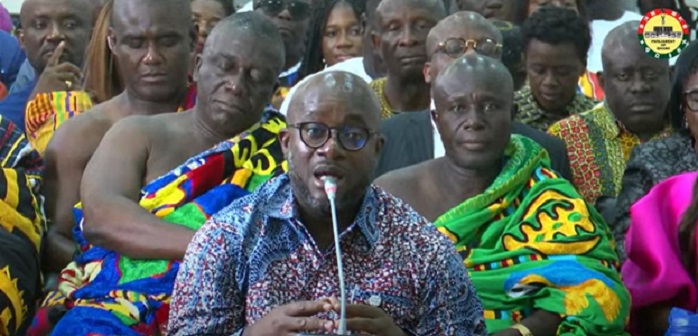

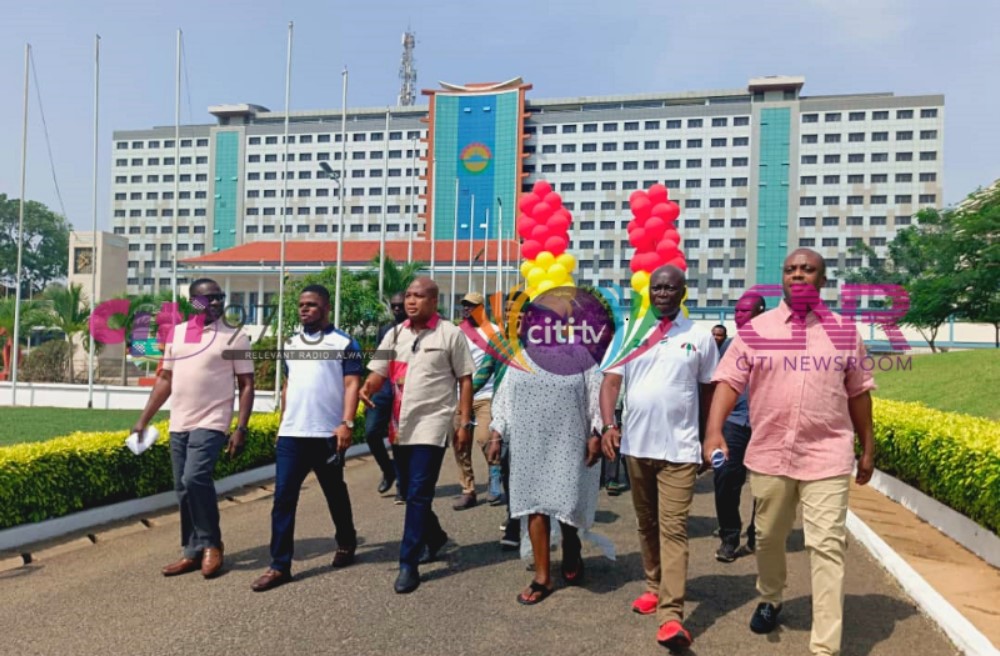
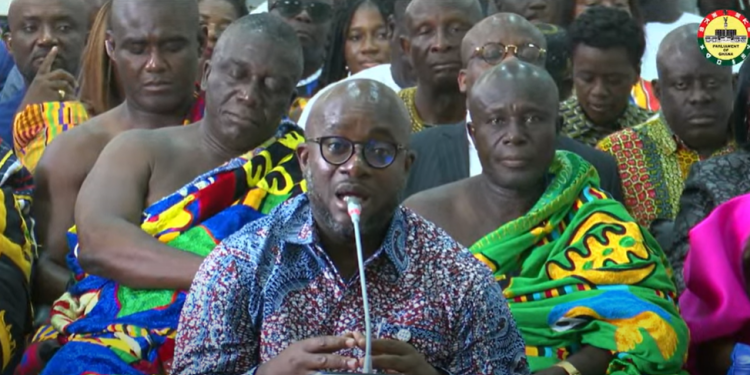
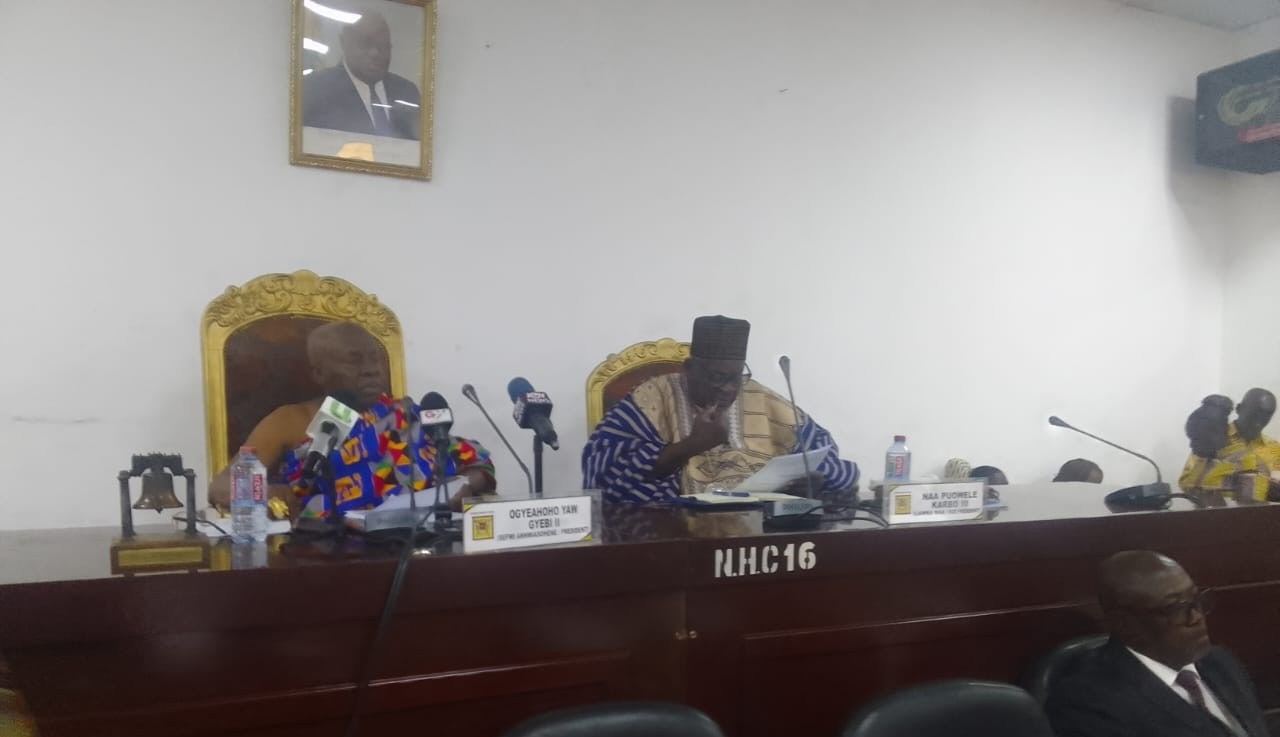
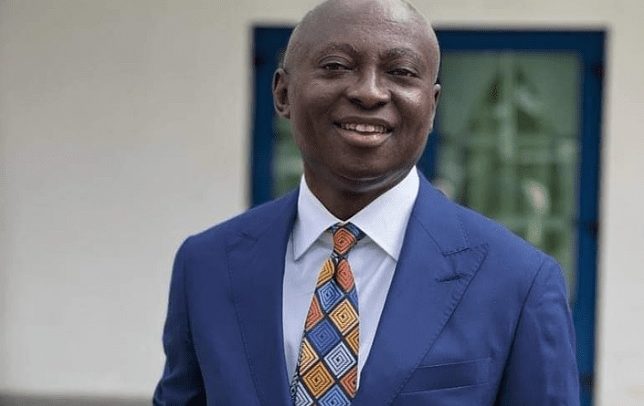









Facebook
Twitter
Pinterest
Instagram
Google+
YouTube
LinkedIn
RSS